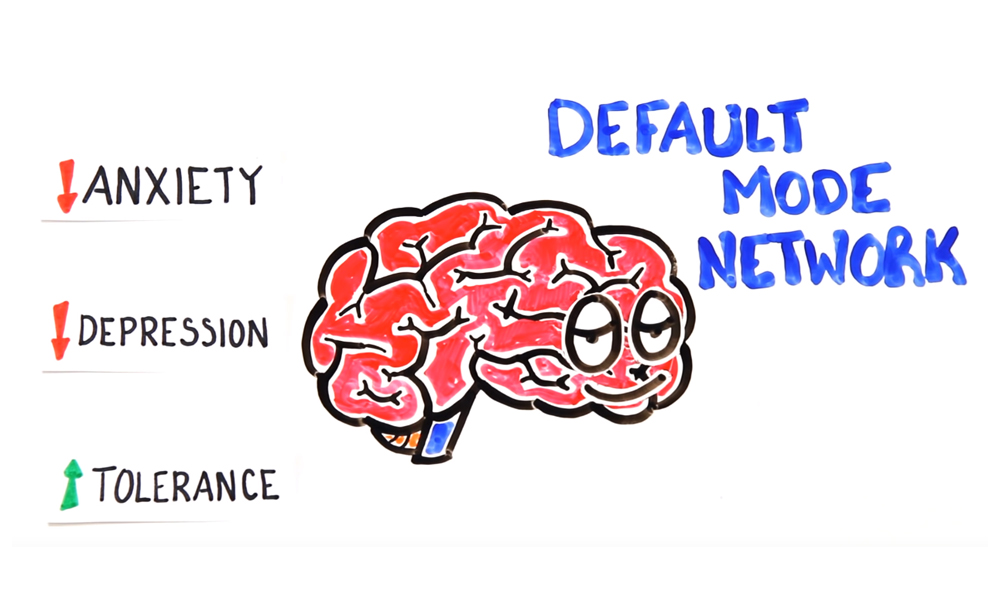Evidence suggests that the more control we have, the better we feel about ourselves. Control is a widely used concept within health psychology and a number of generic measures exist. However, no specific measure has been validated for people with Parkinson’s, despite the condition having far-reaching effects on so many domains of life – e.g., movement, mood, cognition, and quality of life generally.
Dr Jane Simpson and colleagues, in collaboration with Parkinson's UK, have developed the Parkinson’s UK Scale of Perceived Control (PUKSoPC), a new measure of perceived control specifically designed for people with Parkinson’s disease. It consists of a brief questionnaire which explores five key areas of control:
- Think positive: how well people are able to manage their mood and emotions and focus on the positives in life.
- Do things: taking part in activities as much as is possible for the individual.
- Get informed: getting information about all areas of life relating to Parkinson’s and knowing one’s rights in order to make the best possible choices.
- Make plans: having plans, but also being able to change them.
- Be involved: being involved with organizations such as Parkinson’s UK and sharing expertise with family and friends.
The results from the scale's validation data have been recently published in the Journal of Neurological Sciences. In the meantime, the Division of Health Research is making the scale available on its website in order to encourage people with Parkinson's to gain feedback on their own level of perceived control. The scale is completely anonymous and no data will be collected by Lancaster University.



